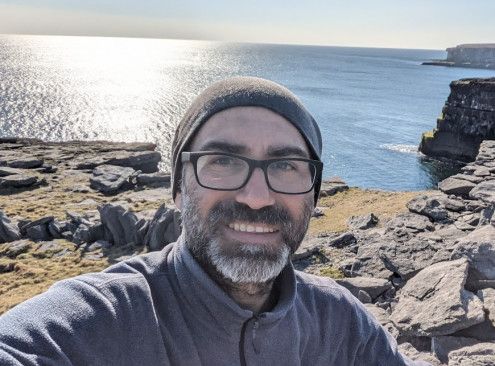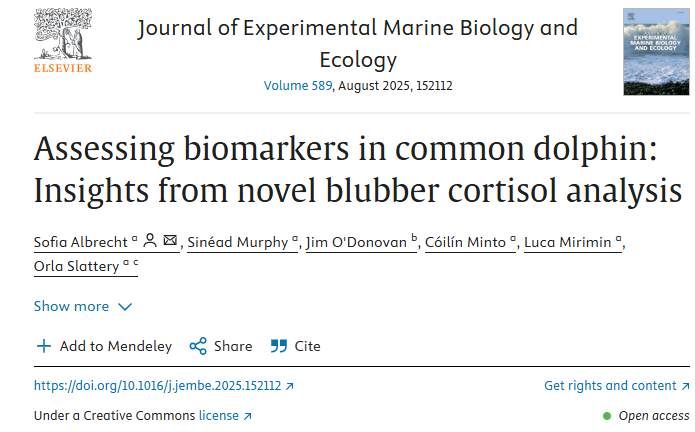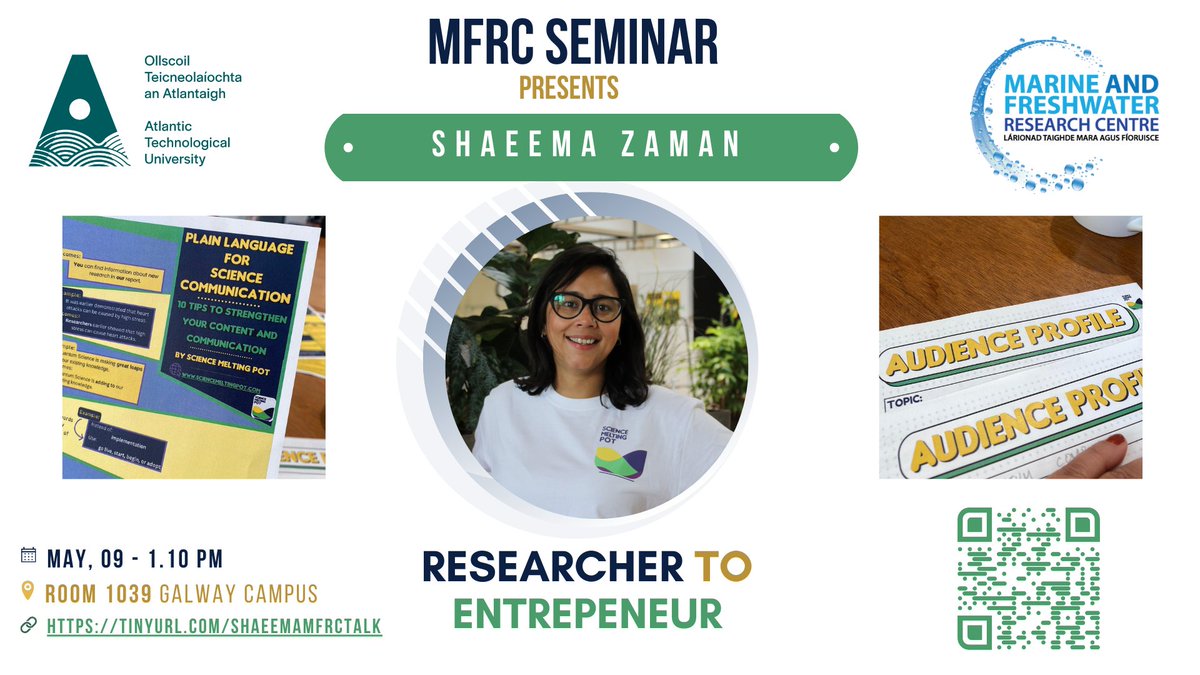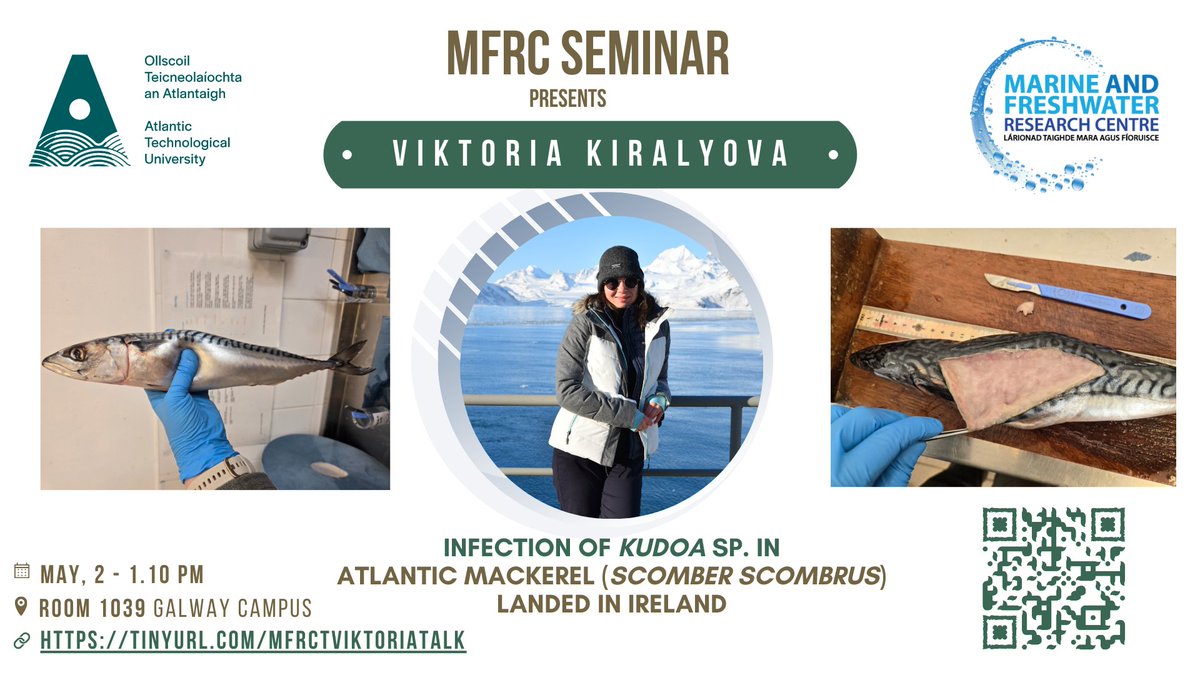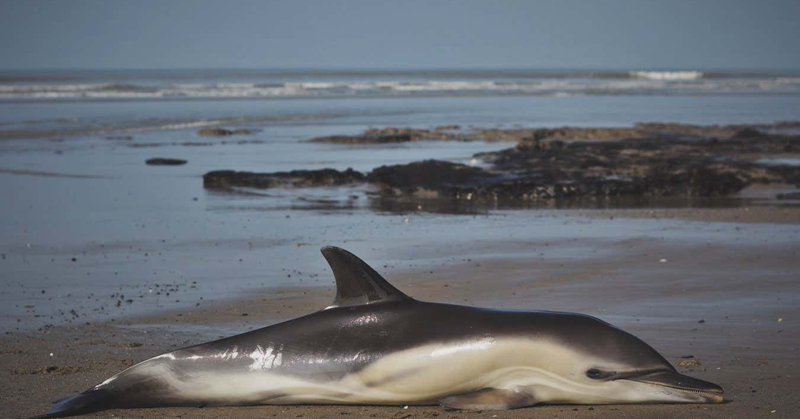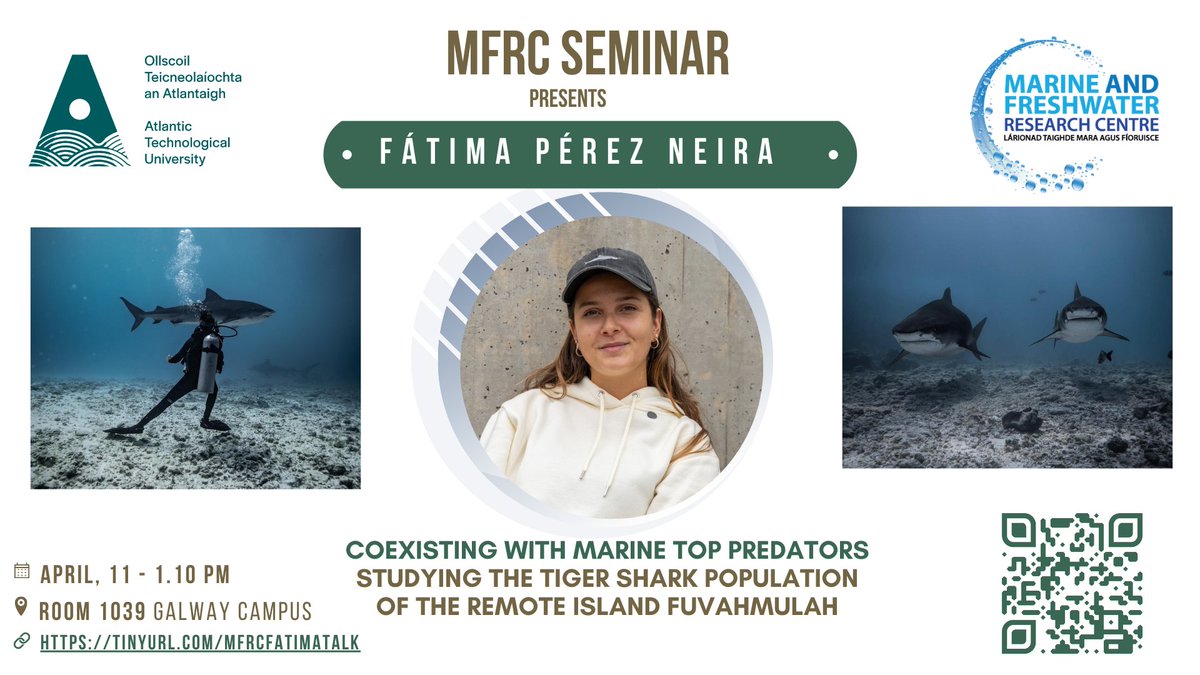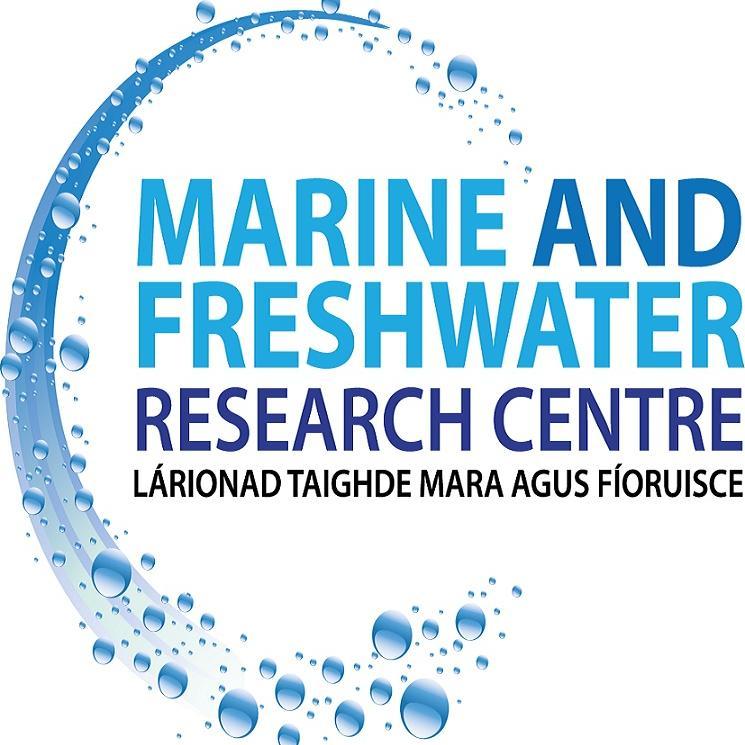
ATU MFRC
@MfrcATU
Followers
2K
Following
2K
Media
389
Statuses
2K
The official twitter feed from the #Marine and #Freshwater #Research Centre based in the Atlantic Technological University @atu_ie in Galway @ATU_GalwayCity
Galway, Ireland
Joined January 2015
Two MFRC researchers will have talks in @pintofscienceIE . To attend João's talk in Limerick, you can get your tickets here: To attend Luca's talk in Galway, you can get your tickets here:.
0
2
5
RT @jpioceans: 🌊📊 Key results from @JPIOceans #microplastics projects. ➡️ Tools and tech. #DYK that technological innovations are revolutio….
0
3
0
RT @WavesofChangeIE: We are getting noticed! Congratulations to Enda for having his photo in the cover of the ATU magazine . For all press….
0
1
0
[MFRC Seminar]. This week astrophysicist and quantum scientist @shaeema_zaman will take us on a journey from scientific researcher to entrepreneur. Join us this Friday 1.10 pm on @atu_ie Galway campus.or online at.
1
1
2
RT @JoseMFarinas: #jobalert 📢.Delighted to offer a 3-year postdoc in my research group at @atu_ie @MfrcATU. This is an exciting role in the….
0
2
0
RT @WavesofChangeIE: Call for young ambassadors — Waves of Change Video Contest. @explorersedu .@MarineInst .@Galw….
0
1
0
RT @UNOceanDecade: 🌏Celebrate #EarthDay every day by taking action for the ocean!. Check out #CitizenScience opportunities that anyone, any….
0
9
0
RT @UNOceanDecade: 📢The @OECD Ocean Economy to 2050 report provides groundbreaking #OceanEconomy data and insights. With contributions fr….
0
9
0
RT @RosieSWilliams1: This work was a huge collaborative effort between several partner organisations as part of the ChemPOP project .https:….
0
1
0
RT @RosieSWilliams1: 📢New paper out today!. Why are we seeing an increase in infectious disease cases in UK-stranded common dolphins?🐬☠️. W….
0
8
0
If you are interested in reading more about this, you can check the paper in @Nature in Communications Biology, which is available at:
nature.com
Communications Biology - Analysis of 836 UK-stranded common dolphins (1990–2020) found that PCB concentration and sea temperature are linked to an increased risk of infectious disease...
0
0
0
New study conducted by @OfficialZSL and collaborators, including our own Dr Dr Sinéad Murphy, found that that an increase of 1 mg/kg of sumPCB in blubber tissue of Common Dolphins correlated with a 1.6% higher risk of infectious diseases.
newscientist.com
Polychlorinated biphenyls (PCBs) are commonly found in the bodies of short-beaked common dolphins that get stranded on UK beaches, and are linked to the animals’ risk of infectious diseases
1
3
3
RT @EMarineBoard: Our Chair Fiona Grant opens #EMBForum & presents two new Policy Briefs with very relevant messages for the discussions -….
0
1
0


